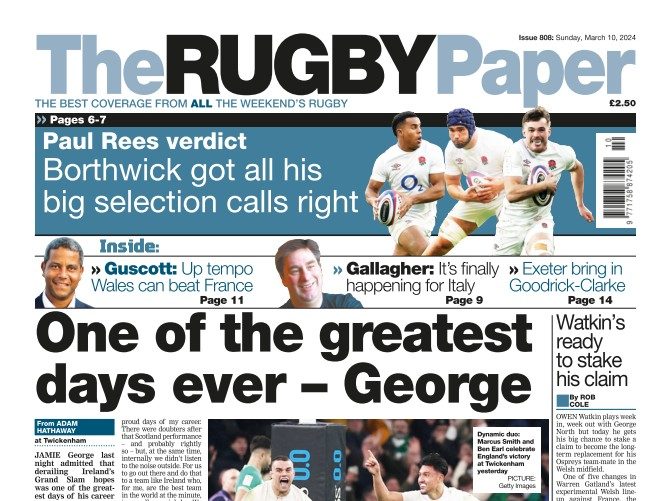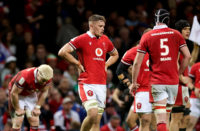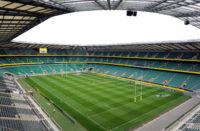The 2023 Rugby World Cup has been one for the underdogs. Although some minnows have been on the end of resounding defeats (think England 71-0 Chile and France 96-0 Namibia), we’ve also seen a couple of upsets, such as Fiji’s 22-15 victory over Australia. Plus, Uruguay ran France close and Portugal claimed their first Rugby World Cup point when they drew 18-18 with Georgia.
So, is international rugby now more competitive than ever?
Shock results and strong performances provide hope
As we’ve mentioned, although the 2023 edition of the Rugby World Cup has not been one packed with huge upsets, some of international rugby’s smaller sides have put in notable performances.
For example, Portugal drew with Georgia and missed a last-minute penalty that would have given them their first ever Rugby World Cup win. This result was even more remarkable because Portugal rallied from 13-0 down at one stage.
Similarly, Fiji have enjoyed an incredibly impressive Rugby World Cup so far. An unfortunate fumble in the final phase of play denied them a chance of beating Wales, and they defeated Australia 22-15 in their next outing.
Elsewhere, France were run close by Uruguay. Although the final score line of 27-12 doesn’t suggest it, there were fears at halftime that the South Americans could emerge on top.
Player poaching remains a problem, but the tide is turning
But, although there are reasons for hope on the international stage, player poaching remains a real problem. This is particularly the case for the Pacific Island nations, who often see their best talents represent other nations.
Although around a fifth of the world’s professional rugby-playing population hail from the Pacific Islands, no Pacific Islands team has ever made the quarter finals of the Rugby World Cup (although Fiji are likely to break that trend this year). This is because many stars of Fijian, Tongan and Samoan rugby end up representing another country. For example, Manu Tuilagi represents England, while Marika Koroibete plays for the Wallabies alongside fellow Pacific Islander Samu Kerevi.
That said, after World Rugby altered the eligibility rules for players who had played for a country in 2021, several stars of the game have now switched their allegiances to Pacific Island nations. For example, Israel Folau now represents Tonga (previously Australia), while Christian Leali’ifano now represents Samoa (previously Australia). As a result, the balance is slowly being readdressed.
The verdict: is international rugby getting more competitive?
At face value, yes. However, there’s much more work that needs to be done for parity to be achieved. At present, many of the Pacific Island nations and the smaller European and South American sides in particular are more than capable of giving the top sides a good game. However, these teams still often cannot perform for the full 80 minutes (as Uruguay showed against France).
So, although increased competitiveness is undoubtedly making individual games a better spectacle, more must be done to help these nations close the gap further. Ultimately, until these countries are provided with the same resources as the likes of England, Australia and New Zealand, many players will continue to make the switch. This is something we must look to eradicate if we want greater parity in the game.



























